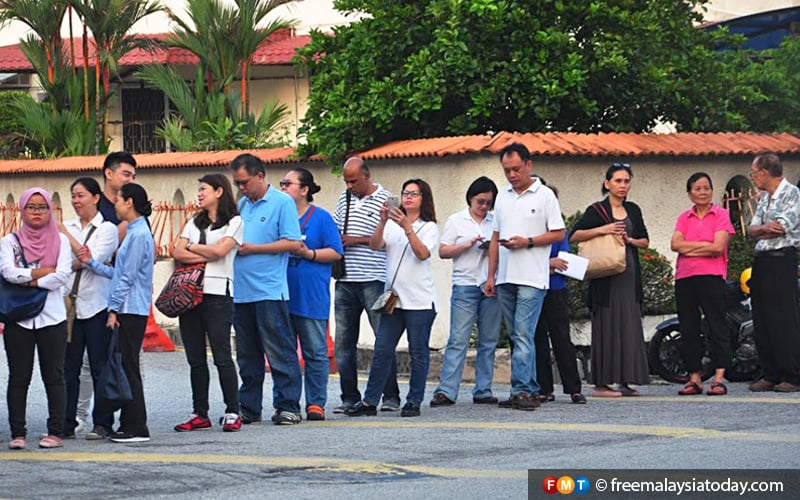
PETALING JAYA: The government should adopt a “macro-constituencies” law that draws electoral boundaries according to each state’s population to ensure both political democracy and stability, says a think tank.
The Center for Market Education (CME) said this would be a better suggestion compared to the proposed Fixed-term Parliament Act (FTPA).
“The recent debate about the FTPA revolves around the need to introduce a certain degree of restrictions in the democratic system to promote political stability and, with it, enhance economic growth.

“However, democracy and alternance should not be sacrificed. Furthermore, reducing the level of competition in the democratic system can also be detrimental to the economy,” its CEO, Carmelo Ferlito, said in a statement.
He said the macro-constituencies would see each state or federal territory having a number of constituencies that correspond with their population.
However, he proposed that only 80% of the seats be assigned using this system, while the remaining 20% should be allocated to the biggest winning party to ensure political stability.
Meanwhile, the MPs are assigned proportionally to the number of votes obtained by the contesting parties.
Instead of nominating one candidate for each of the constituencies a party is contesting, the party would present a list of candidates for one single state, and voters would select their preferred party and preferred candidates.
“If Selangor Umno obtains 33% of the votes, Umno will win 12 of the available seats and the elected MPs will be the first 12 by number of preferences,” Ferlito said.
Under the proposal, he said, Selangor would hold 36 of the total 222 seats as it accommodates about 20% of the national population.
Ferlito said Malaysia’s current “first past the post” system forces parties to form pre-electoral coalitions and it remains difficult to gauge the real strength of each party in the coalition.
He also said the system lacks the full representation of voters as unelected candidates or parties are not given any office.
According to him, the proposed law will incentivise candidates to establish rapport with the voters as it provides the possibility of choosing one’s preferred candidate.
“It will also allow ‘outsiders’ to emerge if they are close to the ground, despite not having a good relationship with the party leadership,” he said.
He said over-fragmentation in Parliament could be prevented by mandating each party to gain at least 5% of the votes for its members to be elected into office. - FMT


No comments:
Post a Comment
Note: Only a member of this blog may post a comment.